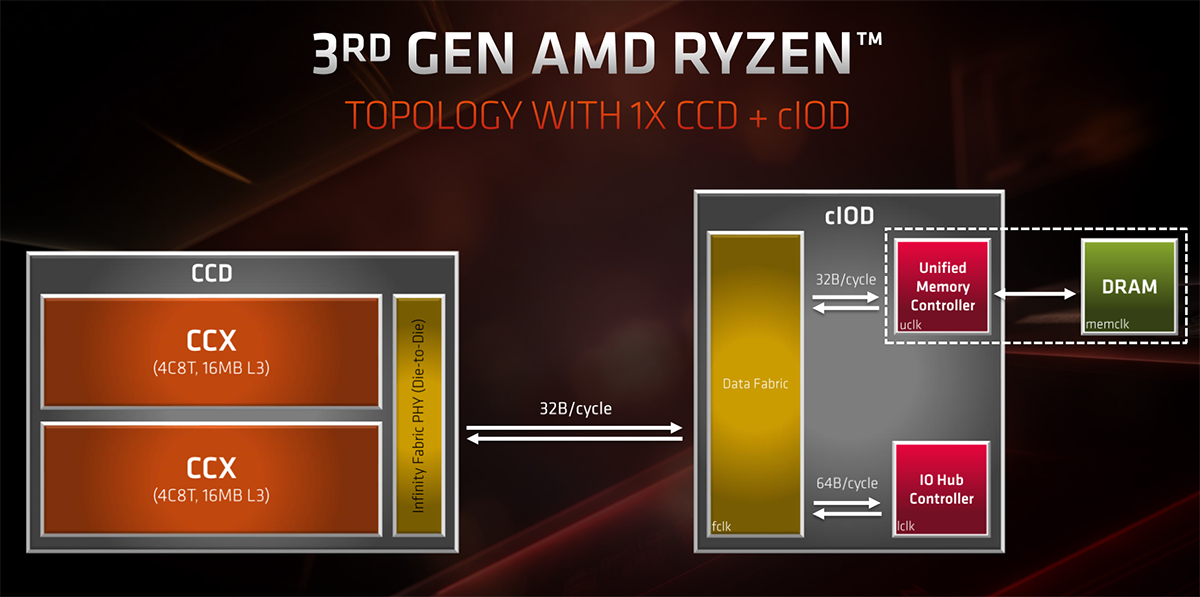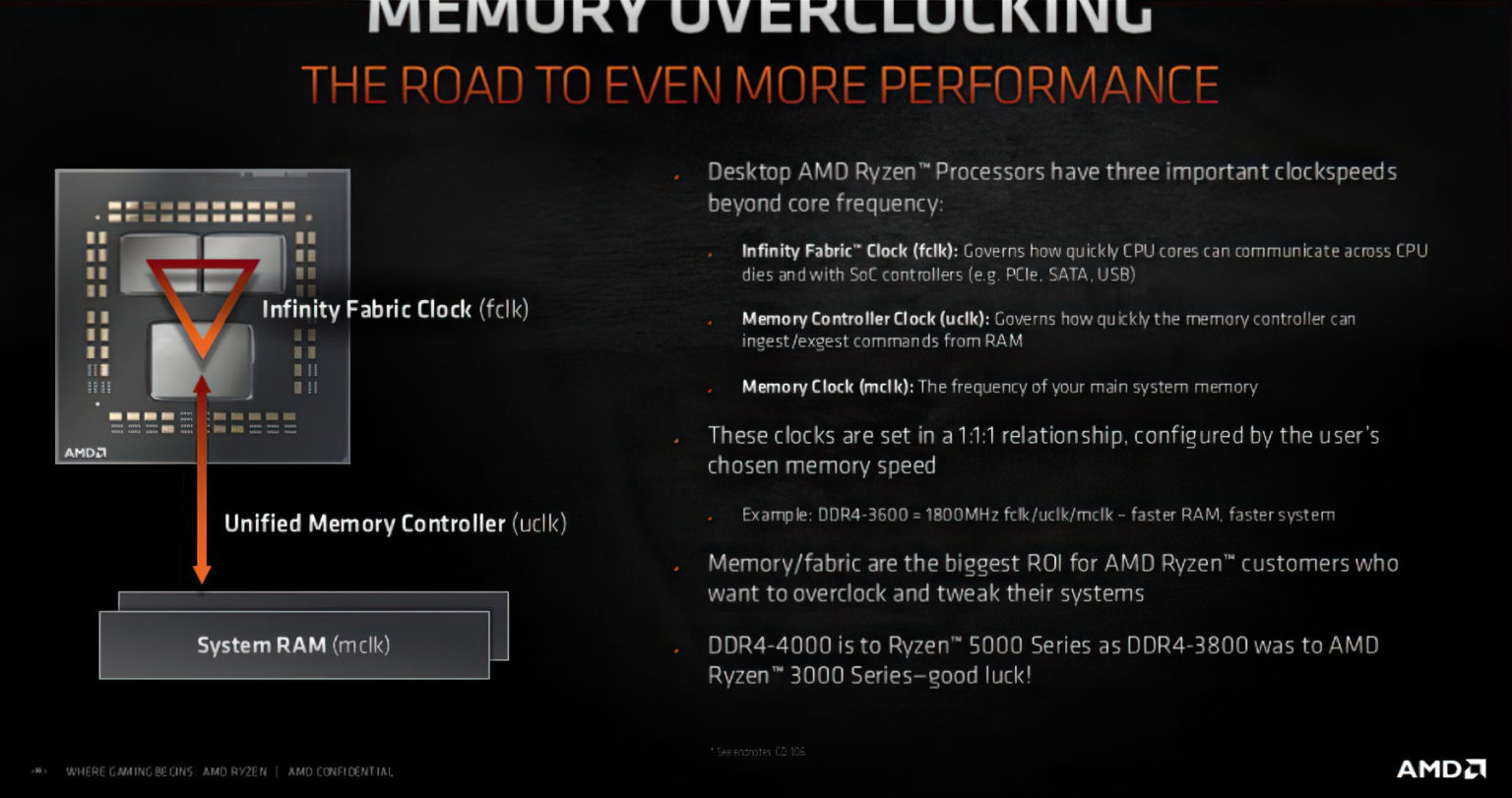Because Corsair use any kind of memory ICs they get in stock.So you end up with say their Vengence line with 3 different revisions,each corresponding to each of the main suppliers - Samsung,Micron and Hynix. They have a tendency to chop and change memory IC types so you can't go by what reviews tell you. If you are lucky you can get A-class memory ICs,or something not so good. Its a lottery,so you can luck out or not. So I hope you have got something decent.
Its also meant people who bought one kit of the same Corsair RAM,and then decided to double their RAM with the same kit,ended up with mismatched kits(different memory ICs). Many here had that problem with Corsair themselves and Ryzen- and you yourself said you were on Intel. Intel has historically had far more forgiving memory controllers. There are loads and loads of posts on here WRT to Ryzen and memory. This is coming off the last few years of people testing these things - its no point shooting the messenger and blaming me for how AMD made Zen CPUs.
I literally only have bought Corsair SFX PSUs for the last couple of years,so not sure what you are saying about being "biased" to Crucial. Crucial is owned by Micron,and said certain lines only had their best Micron ICs such as E-die,and these have been the go to buys for Ryzen builds when you can get them. Micron is one of the main DRAM makers in the world.
Zen2 and Zen3 are very finicky with DRAM IC type if you want tighter timings,and Zen scales well with tighter timings and subtimings. This is down to the way the Infinity Fabric,memory controller,etc all interact with each other. The Zen2/Zen3 memory controller is a separate chip to the cores,so relies on the Infinity Fabric to communicate with the core die. So not only is speed important,but tighter timings and subtimings. The Infinity Fabric and DRAM speed are tied with each other.
This is the layout for Zen2 - Zen3 only moves to a single 8 core CCX(not the pair shown),but the way the different dies communicate is the same.
The part which says 32B/cycle is the Infinity Fabric link.
The monolithic ring bus Intel CPUs don't care as much as AMD because of the way AMD attaches everything to the Infinity Fabric,and moved to chiplets. AMD nicely released a slide for Zen2.
3600C16 matches the stock timings of Samsung E-die and Micron E-die kits,which implies AMD was pointing to those kits IMHO.
The slide for Zen3(Ryzen 5000) ups the ante a bit.
I should know when I had to resort to getting something outside what I wanted due to the shortages of some RAM kits last year. I ended up with Hynix CJR which even with tuning is slightly worse than Micron E-die at stock,which will tune even better with specific subtimings,and this was a kit with a 50:50 chance of getting Hynix CJR or Micron E-die. My previous B-die kit could hold better timings(but was only 16GB).
Samsung B-die and Micron E-die are the best in terms of Zen memory tuning so far,which is far more important than for Intel which is more plug and play. They both use the same I/O die,meaning they show similar scaling.
I literally told you to check your older RAM to see if it has one of the better DRAM IC types and you are getting annoyed with me! For example Samsung B-die is much harder to get now than a few years ago. This will usually tell you what the IC is:
http://www.softnology.biz/files.html
This application is used by many Ryzen owners to calculate optimised timings(includes ability to import the data from Thaiphoon Burner):
https://www.techpowerup.com/download...am-calculator/





 LinkBack URL
LinkBack URL About LinkBacks
About LinkBacks







